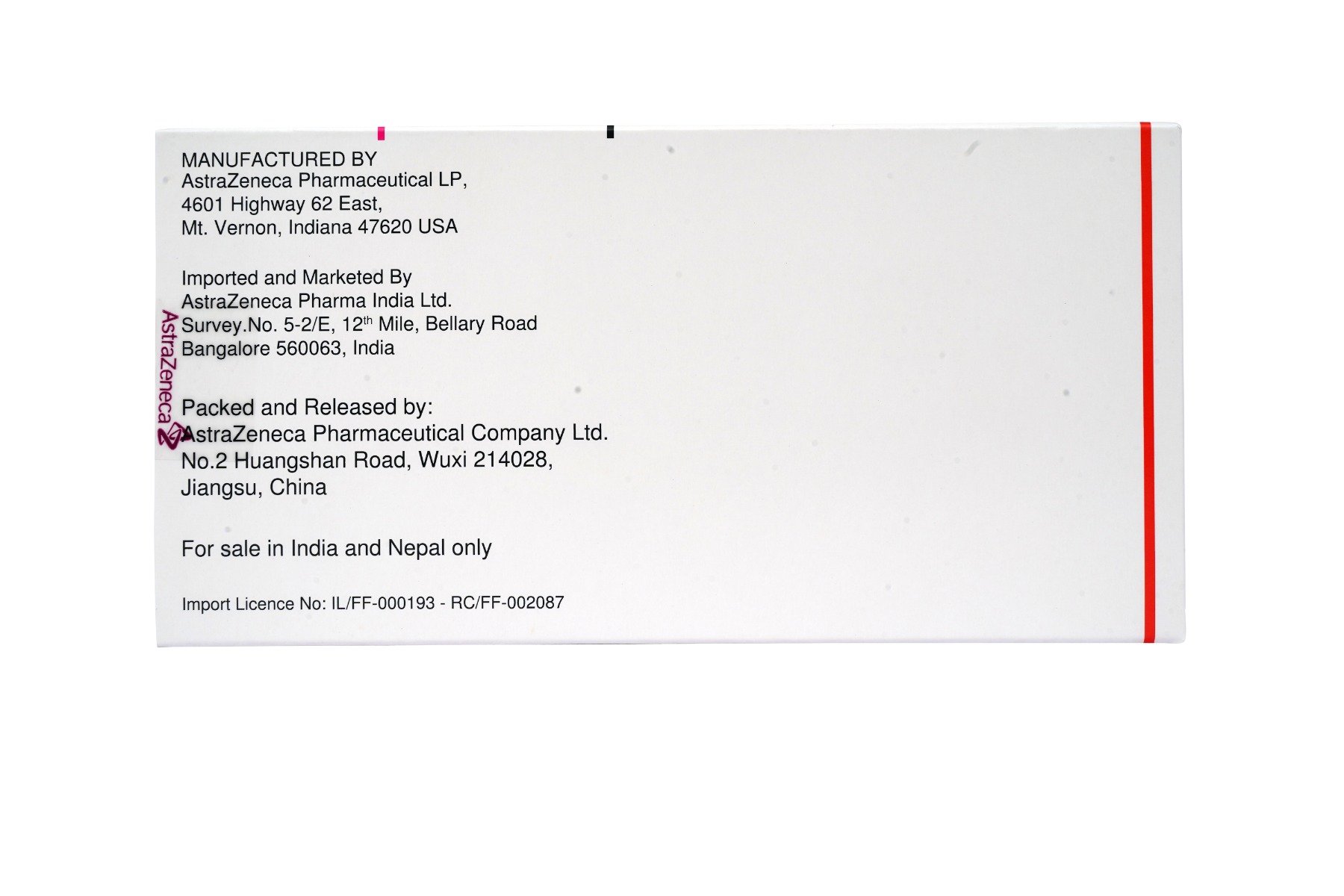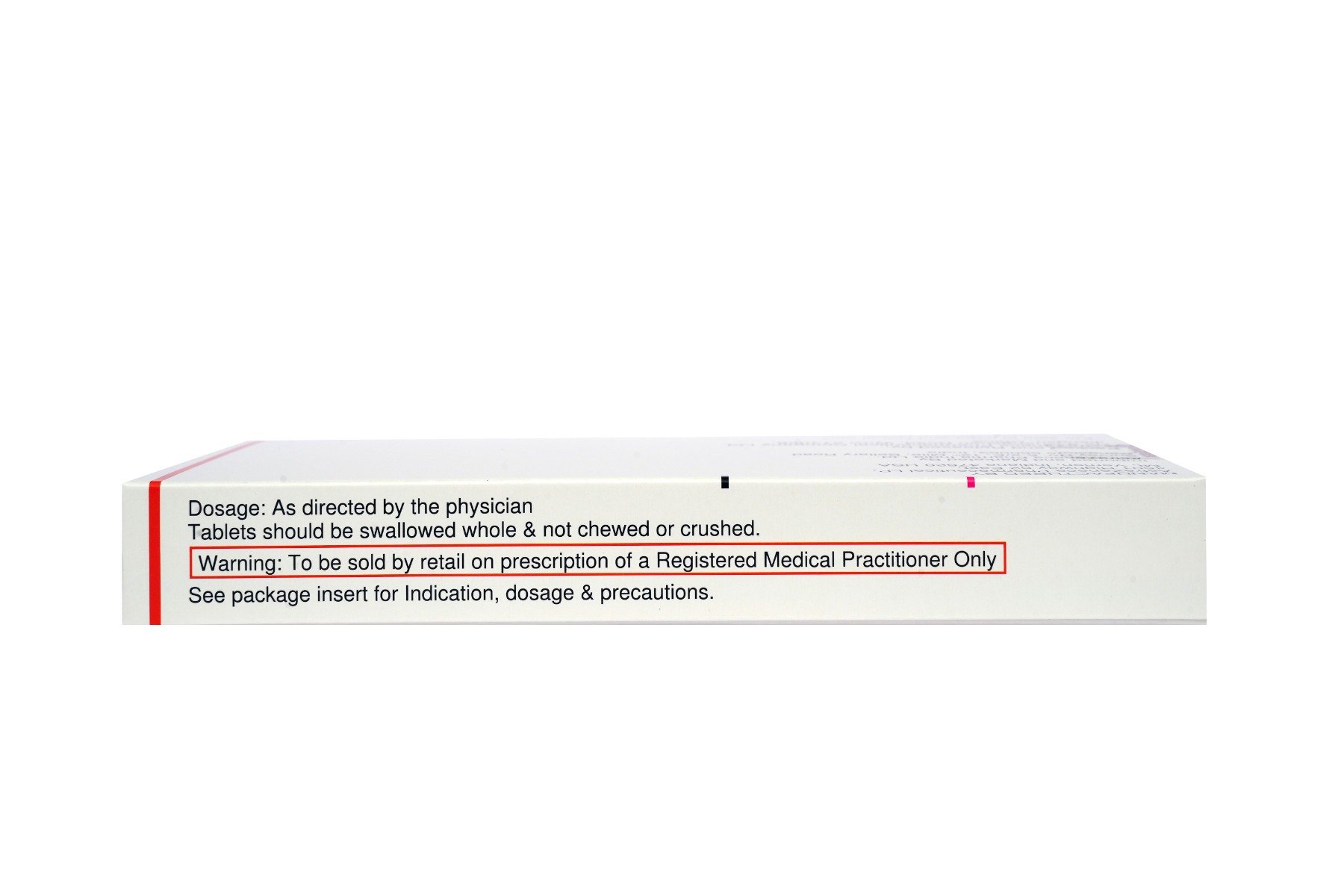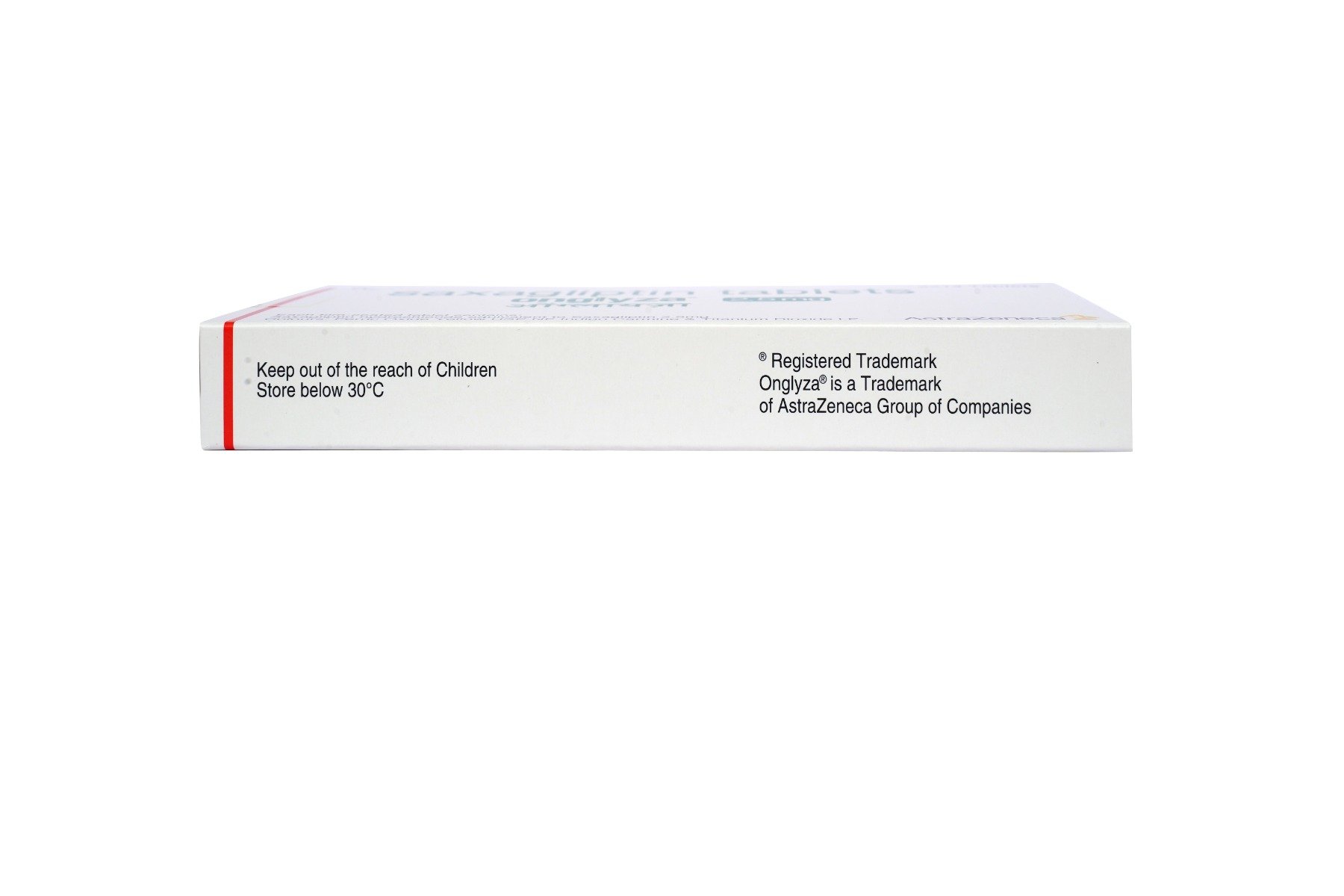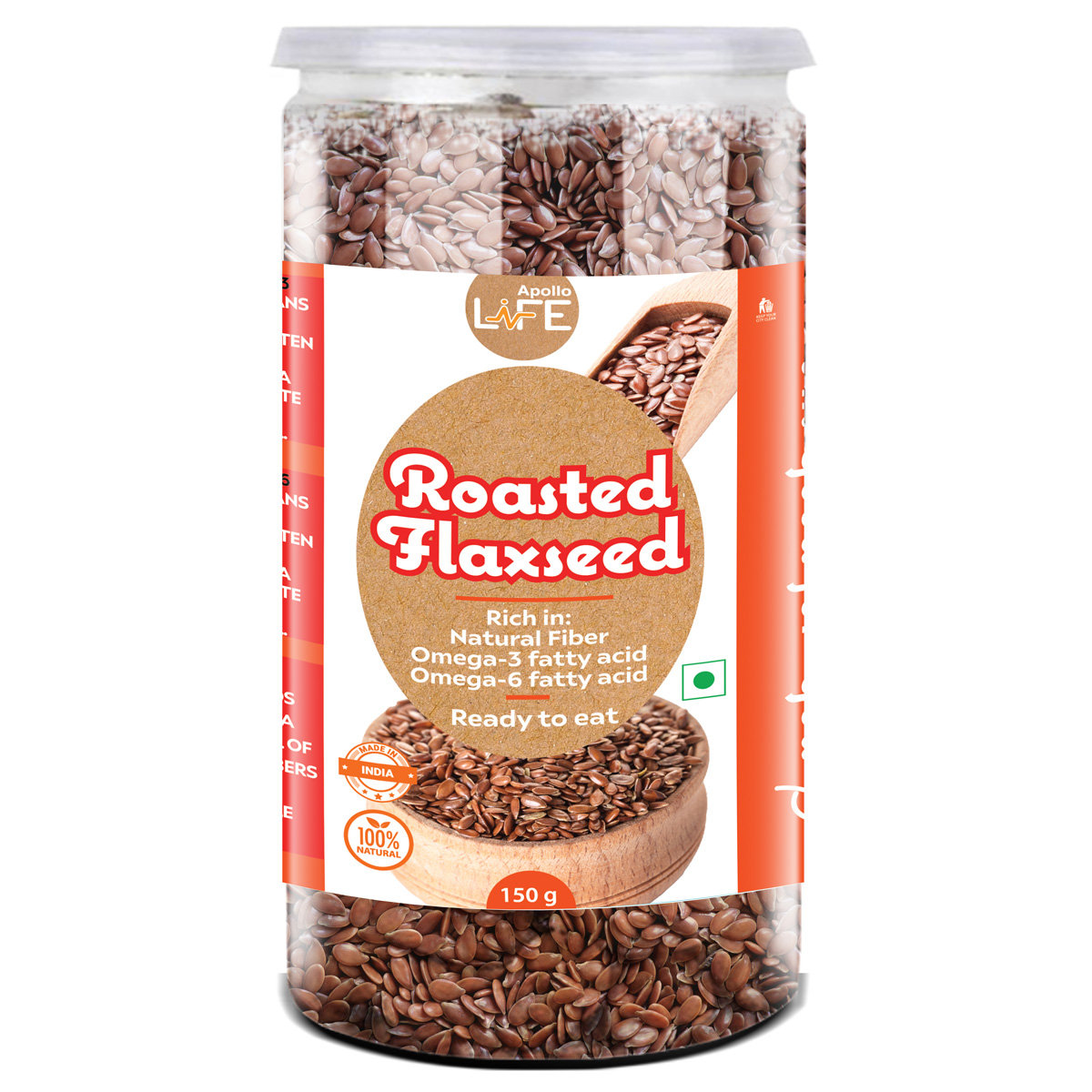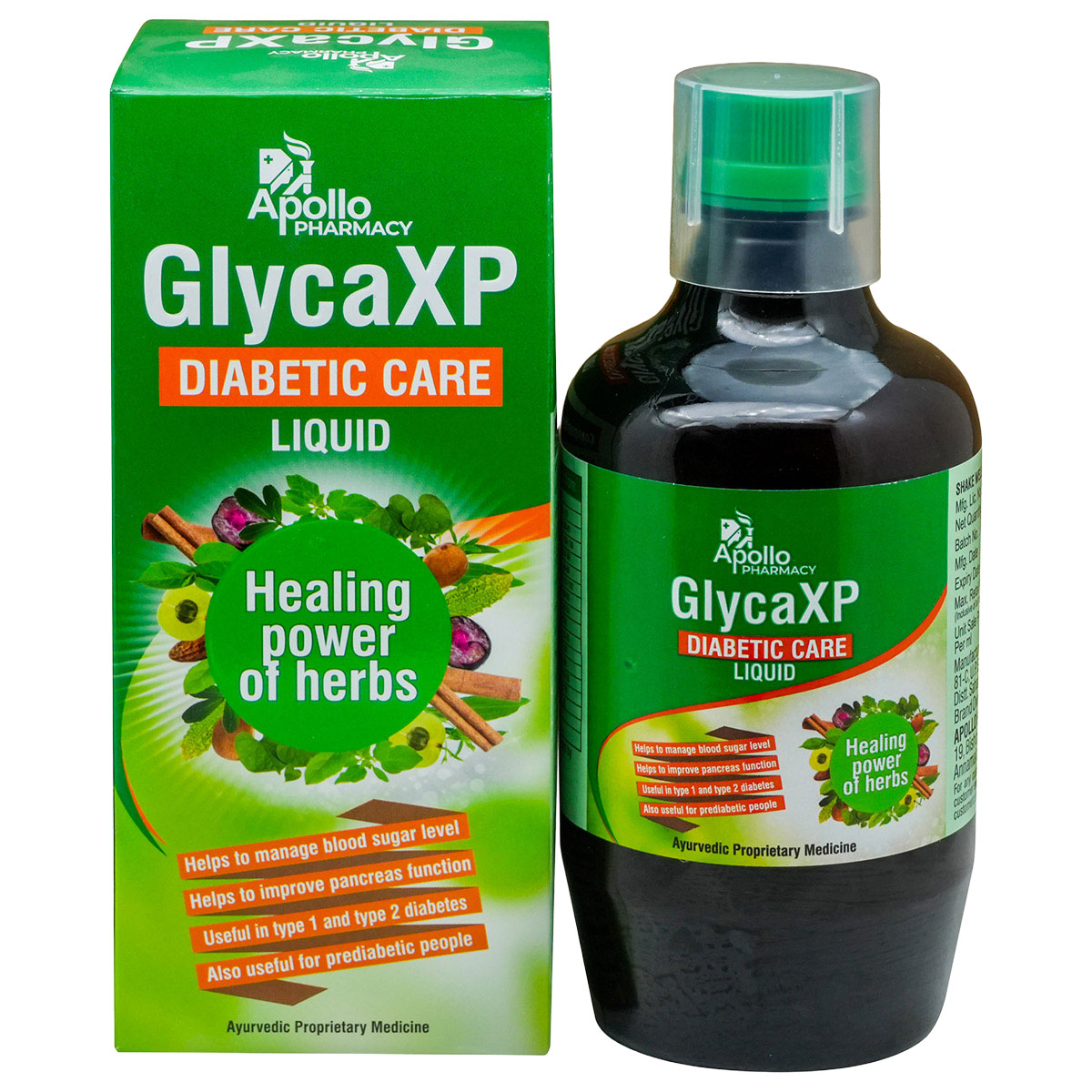Onglyza 2.5 mg Tablet 14's
MRP ₹562.5
(Inclusive of all Taxes)
₹84.4 Cashback (15%)
Know Your Delivery Time
Provide Delivery Location

Secure Payment

India's Most Trusted Pharmacy

Genuine Products
Composition :
Manufacturer/Marketer :
Consume Type :
Expires on or after :
Return Policy :
NPPA :
About Onglyza 2.5 mg Tablet
Onglyza 2.5 mg Tablet contains saxagliptin, which belongs to the class of dipeptidyl peptidase-4 (DPP-4) inhibitors used in the treatment of type 2 diabetes in adults. Onglyza 2.5 mg Tablet is prescribed for the condition of type 2 diabetes when diet and exercise alone cannot control their blood sugar levels. It is the first-line therapy for patients with type 2 diabetes that restores the body's response to insulin. Insulin is the hormone that controls sugar levels in your blood. People with type 2 diabetes either do not produce enough insulin, or the insulin produced is unable to perform its function in the body (insulin resistance). Middle-aged or older individuals are most likely to suffer from type 2 diabetes, so it is also known as adult-onset diabetes.
Onglyza 2.5 mg Tablet works by blocking the action of DPP-4 (an enzyme which destroys the hormone ‘Incretin’). The enzyme ‘Incretins’ helps to produce more insulin only when required and reduces blood sugar levels produced by the liver when not needed. Onglyza 2.5 mg Tablet should not be used in patients with type 1 diabetes and for the treatment of diabetic ketoacidosis.
Onglyza 2.5 mg Tablet should be taken with food or an empty stomach. However, it should be taken at the same time of the day each time for best results. For better advice, your doctor will decide what dose should be taken, and it can change timely depending upon your condition. The most common side effects of Onglyza 2.5 mg Tablet are hypoglycemia (low blood glucose levels), upper respiratory tract infection, nasopharyngitis (infection of nose and throat with common cold) and headache.
Prolonged intake of Onglyza 2.5 mg Tablet may cause acute pancreatitis (swollen pancreas), and critical kidney problem. Increased risk of hypoglycemia (low blood sugar level) can occur when Onglyza 2.5 mg Tablet is added to other anti-diabetic agents or insulin therapy. In this case, your doctor may adjust the dose of Onglyza 2.5 mg Tablet . Severe allergic reactions might occur in some patients taking Onglyza 2.5 mg Tablet , like anaphylaxis, angioedema (swelling under the skin), and exfoliative skin conditions, including Stevens-Johnson syndrome. Safety and efficacy of Onglyza 2.5 mg Tablet in children under 18 years have not been established, so it should not be given to them. Patients taking digoxin (a heart medicine) with Onglyza 2.5 mg Tablet should be closely monitored as severe drug interaction has been observed.
Uses of Onglyza 2.5 mg Tablet
Onglyza 2.5 mg Tablet is used in the treatment of type 2 diabetes. The detailed uses of Onglyza 2.5 mg Tablet are as follows:
- Controls blood sugar levels: Onglyza 2.5 mg Tablet helps to lower blood sugar levels in people with type 2 diabetes by increasing insulin release and reducing the amount of sugar made by the liver.
- Supports better glucose management: Onglyza 2.5 mg Tablet is often used along with diet and exercise, and sometimes with other diabetes medicines, to improve blood sugar control throughout the day.
- Helps to prevent diabetes complications: By managing blood sugar effectively, Onglyza 2.5 mg Tablet helps to reduce the risk of long-term complications such as kidney damage, nerve problems, and eye issues.

Have a query?
Directions for Use
- Onglyza 2.5 mg Tablet should be taken with food or on an empty stomach.
- It should be taken at the same time of the day each time for best results.
- Swallow Onglyza 2.5 mg Tablet as a whole with a glass of water.
- Do not crush, chew, or break it.
Key Benefits
Onglyza 2.5 mg Tablet works by blocking the action of DPP-4 (an enzyme which destroys the hormone ‘Incretin’). The enzyme ‘Incretins’ helps to produce more insulin only when required and reduces blood sugar levels produced by the liver when not needed. Thus, Onglyza 2.5 mg Tablet plays a vital role in controlling blood sugar levels and prevents serious complications of diabetes like eyesight loss (retinopathy), kidney (nephropathy), nerve damage (neuropathy), diabetic foot ulcer and delayed wound healing.
How Onglyza 2.5 mg Tablet Works
Onglyza 2.5 mg Tablet works by blocking the action of DPP-4 (an enzyme which destroys the hormone ‘Incretin’). The enzyme ‘Incretins’ helps to produce more insulin only when required and reduces blood sugar levels produced by the liver when not needed.
Storage
What if I have taken an overdose of Onglyza 2.5 mg Tablet
Drug Warnings
Increased risk of hypoglycemia (low blood sugar level) can occur when Onglyza 2.5 mg Tablet is added to other anti-diabetic agents or insulin therapy. In this case, your doctor may adjust the dose of Onglyza 2.5 mg Tablet . Prolonged intake of Onglyza 2.5 mg Tablet may cause acute pancreatitis (swollen pancreas) and critical kidney problems. Severe allergic reactions might occur in some patients taking Onglyza 2.5 mg Tablet , like anaphylaxis, angioedema (swelling under the skin), and exfoliative skin conditions, including Stevens-Johnson syndrome. Safety and efficacy of Onglyza 2.5 mg Tablet in children under 18 years have not been established, so it should not be given to them. Patients taking digoxin (a heart medicine) with Onglyza 2.5 mg Tablet should be closely monitored as severe drug interaction has been observed.
Drug-Drug Interactions
Drug-Drug Interactions
Login/Sign Up
Coadministration of Onglyza 2.5 mg Tablet with Gatifloxacin may sometimes affect blood glucose levels. Both high blood glucose and, less frequently, low blood glucose have been reported.
How to manage the interaction:
Although there is a possible interaction, Onglyza 2.5 mg Tablet can be taken with Gatifloxacin if prescribed by the doctor. Consult the doctor if you experience nervousness, confusion, headache, dizziness, drowsiness, tremors, nausea, hunger, weakness, perspiration, palpitation, rapid heartbeat, urination, thirst, and hunger. Monitoring blood glucose levels is advised. Do not discontinue any medications without first consulting your doctor.
Coadministration of Bexarotene and Onglyza 2.5 mg Tablet can increase the risk of developing pancreatitis (inflammation of the pancreas).
How to manage the interaction:
Co-administration of Bexarotene and Onglyza 2.5 mg Tablet can lead to an interaction, it can be taken if advised by your doctor. However, if you experience any symptoms like persistent nausea, vomiting, abdominal tenderness, and upper abdominal pain, especially that which is made worse after eating or radiates to the back, consult your doctor immediately. Do not discontinue any medications without first consulting your doctor.
As tirzepatide and Onglyza 2.5 mg Tablet both work through similar pathways in the body, it is possible that using them together may result in an increase in side effects.
How to manage the interaction:
Do not stop using any medications without first talking to your doctor.
Drug-Food Interactions
Drug-Food Interactions
Login/Sign Up
Diet & Lifestyle Advise
- Invest at least 150 min of your week in moderate-intensity physical activity or one hour and 15 minutes of high-intensity exercise every week.
- Losing weight gradually to achieve a healthy body mass index (18.5 to 24.9).
- Replacing refined carbohydrate-containing foods with whole grain foods and increasing intake of fruits and veggies and other fibre-enriched foods.
- Reduce your intake of saturated fat (or hidden fats) in foods like chips, crisps, pastries, biscuits, and samosas. Choose omega-3 fatty acid-containing oils for daily cooking. For frying, you can use palm oil, mustard oil, groundnut oil, rice bran oil, and safflower oil.
- Avoid too much stress, as it may elevate your blood sugar level. You can adopt stress management techniques like mindfulness, meditation, and yoga to control stress-related blood sugar changes.
- Opt for low-fat dairy products (low-fat yoghurt, fat-free milk and cheese etc.).
- Keep your blood pressure as normal (140/90) as possible, as it reduces the risk of cardiovascular diseases in diabetes patients.
Habit Forming
Therapeutic Class
All Substitutes & Brand Comparisons
RX
Out of StockSaglipol 2.5 Tablet
Medipol Pharmaceutical India Pvt Ltd
₹380
(₹34.2 per unit)
5% CHEAPERRX
Out of StockZaxaglit 2.5mg Tablet
₹390
(₹35.1 per unit)
2% CHEAPER
Alcohol
Safe if prescribed
Onglyza 2.5 mg Tablet is not advised to be taken with alcohol as it causes bizarre interactions. Both hypoglycemia (low blood sugar) and hyperglycemia (high blood sugar) may occur, depending on how much and how often you drink.
Pregnancy
Consult your doctor
No harmful interaction has been reported in pregnant mothers yet the patient is advised to consult a doctor before taking this drug during pregnancy.
Breast Feeding
Consult your doctor
No harmful interaction has been reported in breastfeeding mothers, yet the patient is advised to consult a doctor before taking this drug.
Driving
Safe if prescribed
Caution is to be taken. If a patient feels dizzy while taking Onglyza 2.5 mg Tablet , do not drive or use any tools or machines. Hypoglycaemia may affect your ability to drive and use machines or work with a safe foothold. There is a risk of hypoglycaemia after taking this medicine in combination with other medicines known to cause hypoglycaemia, such as insulin and sulphonylureas.
Liver
Consult your doctor
Caution is to be taken in liver patients. Patients with severe liver problems are not advised to take this drug without doctor's consultation.
Kidney
Consult your doctor
Caution is to be taken in kidney patients. Patients with reduced kidney function are advised to consult with a doctor before taking Onglyza 2.5 mg Tablet as the doctor may decrease the dose as per his own judgment.
Children
Safe if prescribed
Onglyza 2.5 mg Tablet is not recommended for children and adolescents under 18 years of age. It is not known if this medicine is safe and effective when used in children and adolescents under 18 years of age; thus, doctor consultation is required.
Heart
Onglyza 2.5 mg Tablet is not contraindicated in heart patients. It is often prescribed to reduce the risk of cardiovascular death and hospitalisation for heart failure in adults with type 2 diabetes and established cardiovascular disease.
Geriatrics
Consult your doctor
While Onglyza 2.5 mg Tablet is safe to be taken by older patients, it is critical to exercise caution and monitor for potential adverse effects, such as dehydration, low blood pressure, and urinary tract infections, which are more common in older adults.
FAQs
Onglyza 2.5 mg Tablet is used in the treatment of type 2 diabetes in adults. Onglyza 2.5 mg Tablet is prescribed for the condition of type 2 diabetes when diet and exercise alone cannot control their blood sugar levels.
Yes, Onglyza 2.5 mg Tablet is known to cause stomach upset, indigestion, nausea, and diarrhea. To avoid these side effects, please take Onglyza 2.5 mg Tablet with a meal. Also, for best results, Onglyza 2.5 mg Tablet should be taken at evenly spaced intervals.
It is not recommended in patients with high levels of blood cholesterol as Onglyza 2.5 mg Tablet has been reported to increase blood cholesterol levels in a normal patient and thus not recommended in patients with hyperlipidemia.
The patient is advised to take the missed dose as soon as possible; otherwise, jump to the next dose. A patient should never take a double dose to compensate for the missed dose, as it may aggravate harmful side effects.
According to the American Diabetes Association, most of the studies carried out on Onglyza 2.5 mg Tablet , and its ability to cause cancer concluded that Onglyza 2.5 mg Tablet is not associated with any form of cancer and is, hence, safe to use in patients.
A patient who accidentally takes an overdose of Onglyza 2.5 mg Tablet may experience collapse, seizure attack, and troubled breathing. In such a case, without any delay, emergency health services must be contacted, and medical help should be sought.
Onglyza 2.5 mg Tablet is not known to cause weight loss or weight gain. Maintain a proper weight by eating healthy food and exercising regularly.
Using Onglyza 2.5 mg Tablet with insulin helps provide adequate glycaemic control when a single medicine is not effective. However, Onglyza 2.5 mg Tablet should be taken with insulin only if advised by the doctor.
Onglyza 2.5 mg Tablet is contraindicated in people who are allergic to any of its components.
Taking Onglyza 2.5 mg Tablet with glipizide is beneficial as it helps in the better management of blood sugar levels. However, Onglyza 2.5 mg Tablet should be taken with glipizide only if advised by the doctor.
Yes, Onglyza 2.5 mg Tablet can be used with other diabetes medicines if prescribed by the doctor. Talk to the doctor if you have any concerns.
The most common side effects of Onglyza 2.5 mg Tablet are hypoglycemia (low blood glucose levels), upper respiratory tract infection, nasopharyngitis (infection of nose and throat with common cold) and headache. Consult the doctor if the side effects persist or worsen.
Yes, the use of Onglyza 2.5 mg Tablet may cause hypoglycemia (low blood sugar). Signs of low blood sugar include dizziness, shaking, sweating, nervousness, fast heartbeat, irritability, and feeling hungry. If you experience these symptoms eat sugar candies, glucose biscuits or drink fruit juices; this will help balance the blood sugar level in your body.
Country of origin
Manufacturer/Marketer address
Disclaimer
Author Details
We provide you with authentic, trustworthy and relevant information


